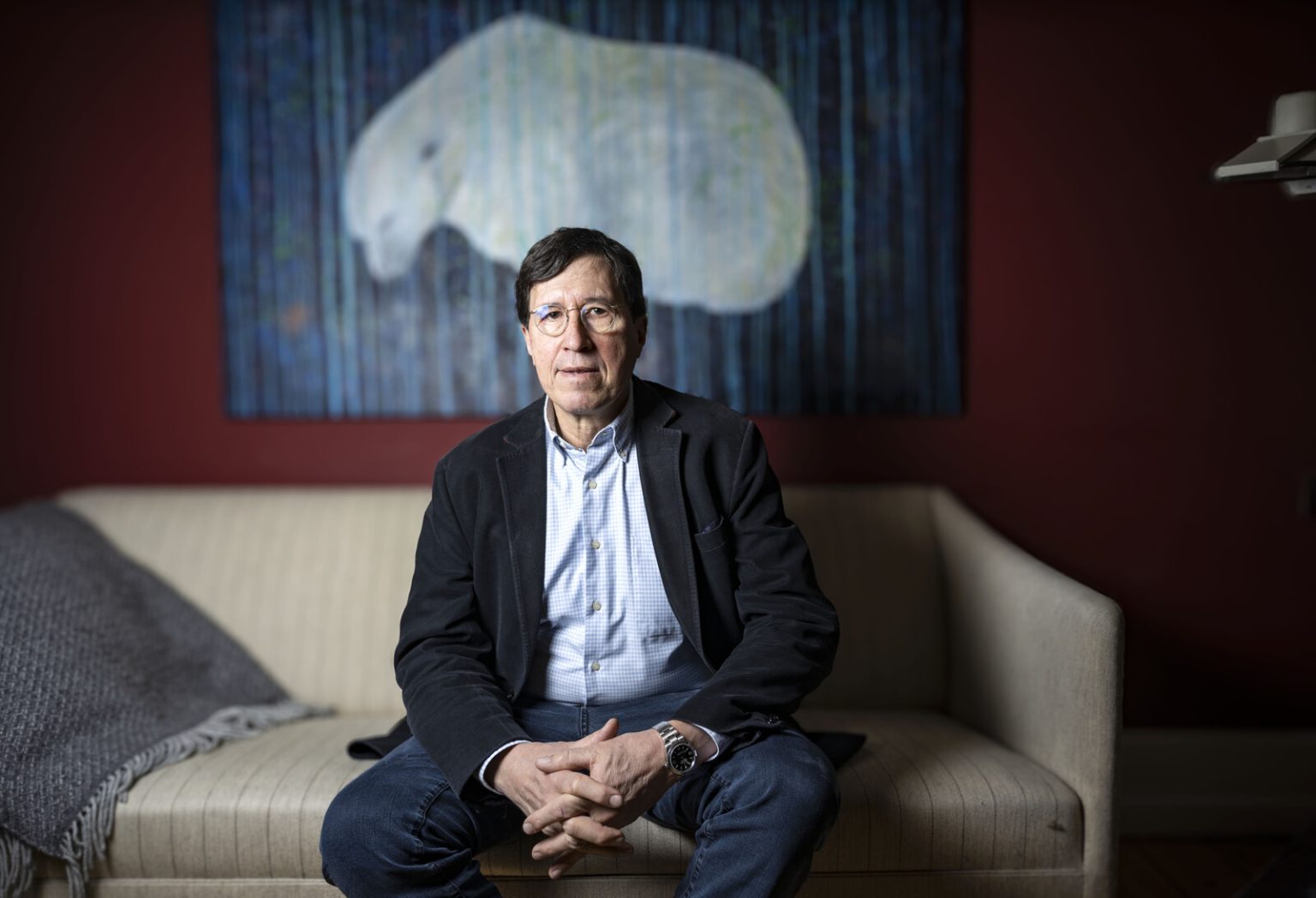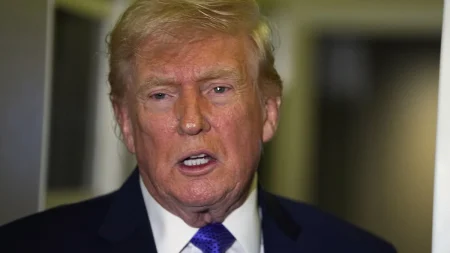Greenland’s Independence Aspirations: A Complex Interplay of History, Identity, and Geopolitics
The desire for independence is a recurring theme in Greenlandic politics, deeply rooted in a history marked by Danish colonial rule. Prime Minister Múte Bourup Egede’s recent pronouncements on the need for Greenland to chart its own course reflect a growing sentiment among the population. He argues that the existing relationship with Denmark, despite granting a degree of self-governance in 1979, has failed to achieve true equality. This renewed push for independence, however, is unfolding within a complex geopolitical landscape, amplified by increased interest from the United States. The historical context of Danish colonization, encompassing events like the forced sterilization of Greenlandic women and girls in the mid-20th century, further fuels the desire for self-determination and a reckoning with the past.
The recent surge in discussions surrounding independence is partly attributed to the increased attention Greenland has received from the United States. While some Greenlanders welcome the potential economic and political benefits of closer ties with the US, others express apprehension about the potential implications of such a relationship. Concerns have been raised about the influence of American political figures and media personalities, particularly in the context of upcoming elections. There are fears that external actors could exploit existing dissatisfaction with Denmark to further their own agendas, potentially undermining Greenland’s democratic processes. This interplay of internal aspirations and external pressures adds a layer of complexity to the independence debate.
The relationship between Greenland and Denmark remains a sensitive issue, with historical grievances and ongoing disagreements adding to the tension. While Prime Minister Egede’s characterization of the relationship as "colonial ties" highlights the deep-seated resentment felt by some Greenlanders, others emphasize the close personal and familial connections that exist between the two countries. The legacy of past injustices, including the forced sterilization program, continues to cast a shadow over the relationship, with calls for a formal apology from Denmark. Navigating this complex emotional terrain is crucial for both sides to foster a more equitable and mutually respectful future, regardless of Greenland’s ultimate political status.
While the aspiration for independence is widespread, there are differing opinions within Greenland regarding the best path forward. Most political parties support independence, but they diverge on the question of future alliances. The United States, with its economic and political might, presents itself as an attractive partner for some, while others remain wary of becoming overly reliant on a single powerful nation. The debate revolves around balancing the desire for self-determination with the practical realities of maintaining a functioning society in a challenging environment. Greenland’s small population and limited economic resources pose significant obstacles to achieving full independence without substantial external support.
The feasibility of Greenland achieving full independence remains a subject of debate. Critics argue that a nation of 57,000 inhabitants would struggle to sustain a robust welfare state, including free healthcare and education, without significant external financial assistance. Maintaining the current level of social services would likely necessitate seeking substantial financial support from either Denmark or the United States, raising concerns about dependence and potential loss of autonomy. Balancing the desire for self-determination with the practical realities of economic viability is a central challenge facing Greenland’s independence movement.
The future of Greenland hinges on a delicate balancing act. Internally, the country must navigate its complex relationship with Denmark, addressing historical grievances while acknowledging the enduring personal connections between the two populations. Externally, Greenland must carefully consider its international partnerships, weighing the potential benefits of closer ties with the United States against the risks of becoming overly reliant on a single powerful nation. The upcoming elections will likely play a crucial role in shaping the direction of Greenland’s future, as voters weigh the various options and chart a course towards greater self-determination. The international community, particularly Denmark and the United States, must engage with Greenland respectfully and transparently, recognizing the legitimacy of its aspirations and supporting its efforts to achieve a sustainable and prosperous future, whatever political path it chooses.














